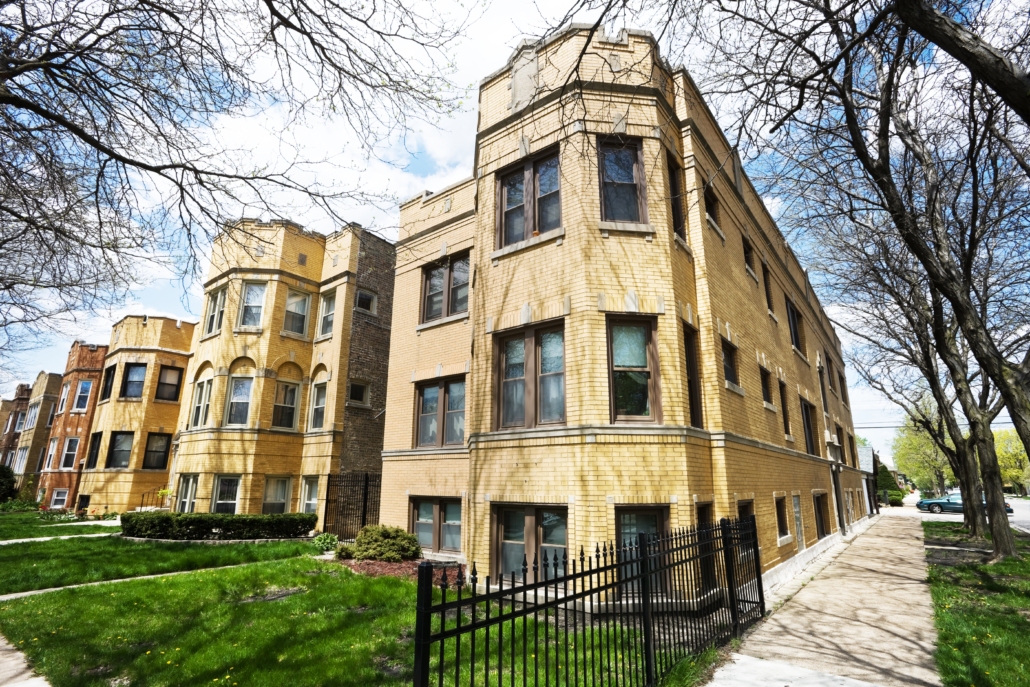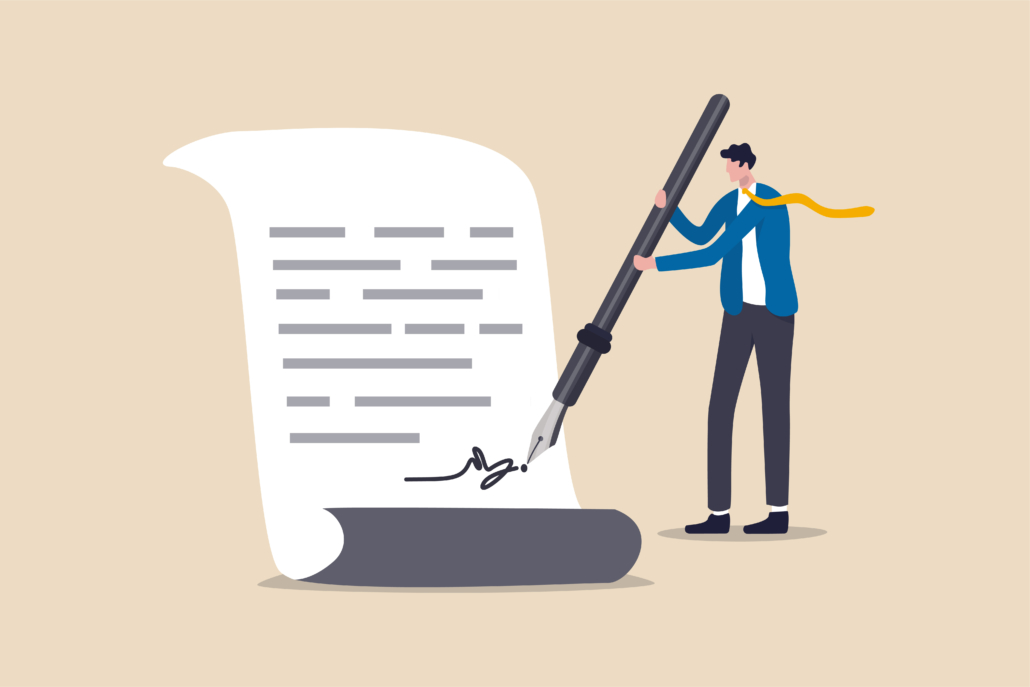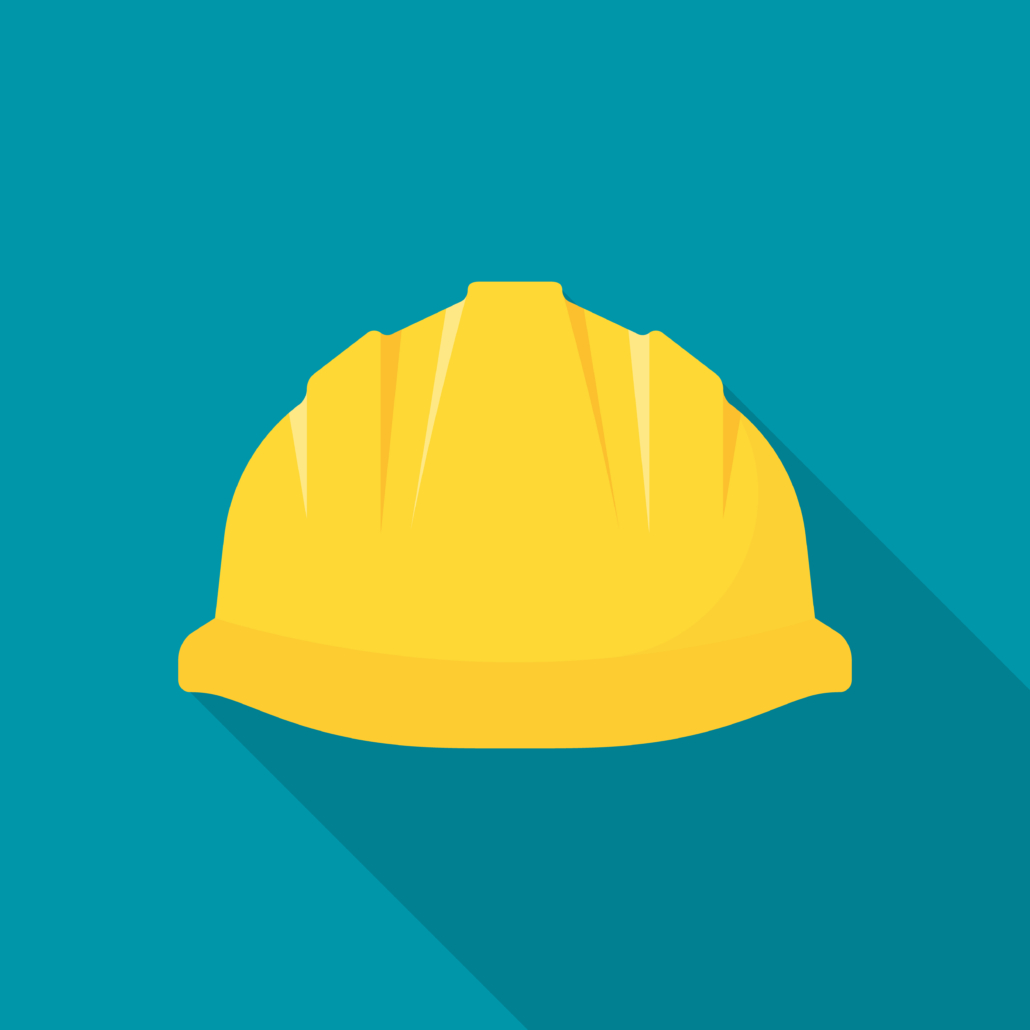Negotiating Written Buyer Agreements: What To Know
You’re ready to purchase a home. The next step is to interview REALTORS® and negotiate a written agreement that includes the services they will provide and the compensation they will receive. Here’s what you need to know about negotiating an agreement with a REALTOR®.
When will I be able to negotiate?
REALTORS® are required to get a written buyer agreement before you tour a home with them, whether that tour is in-person or a live virtual tour. These agreements help ensure both you and your REALTOR® are clear about roles, responsibilities and REALTOR® compensation. If you are simply visiting an open house or asking a real estate professional about their services, you do not need to sign a written buyer agreement. Learn more about written buyer agreements here, and learn more about open houses and tours here.
What can I negotiate?
Agreements with your REALTOR® are negotiable, including terms about the services your REALTOR® will provide, how much your REALTOR® will be paid, how long your agreement will last and more. You and your REALTOR® will work together to reach an acceptable agreement that allows you to get the value and services you need in the homebuying process, while also enabling your REALTOR® to pursue fair compensation for their work. Remember: compensation is fully negotiable and not set by law. You should consult an attorney if you have any questions or concerns regarding an agreement.
How is my REALTOR® compensated?
REALTOR® compensation can take many forms, such as a flat fee, a percentage of the purchase price or an hourly fee. REALTORS® cannot agree to an open-ended amount or range of compensation such as “the REALTOR’S® compensation will be whatever amount the seller is offering” or “between X and Y percent.” You can also ask the seller to offer compensation to your REALTOR®, which can be sought in the purchase agreement.
What types of services can my REALTOR® provide?
REALTORS® may offer many types of services such as finding and showing you homes that meet your criteria, accompanying you to showings, sharing their analysis of available properties, negotiating on your behalf and more. For more, read the 183 Ways A REALTOR® Makes The Real Estate Transaction Easier For You.
How do I start the conversation?
You may want to talk to a few REALTORS® to find the best match to help you on your homebuying journey. Start by asking questions about the options available to you. If you are working with a REALTOR®, they are bound by a Code of Ethics to have open and transparent conversations with you about your options.
What if we can’t agree?
You don’t have to sign an agreement that you don’t agree with, and you or the REALTOR® can walk away from a negotiation at any time. Keep looking for the right fit—another REALTOR® may be able to better meet your needs.
Can we change the terms of the agreement after we make it?
Yes. You and your REALTOR® can mutually agree to change the terms of your agreement. But your agreement and/or state law may govern when it can be changed or terminated. Read your agreement closely and speak with your REALTOR® if you would like to change or exit your agreement.




















